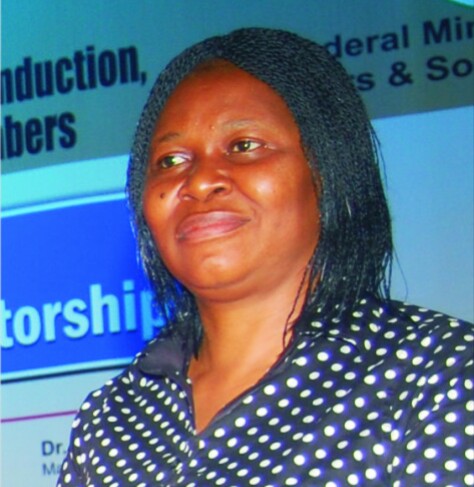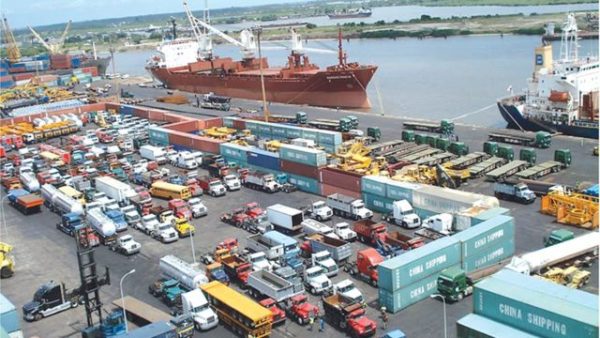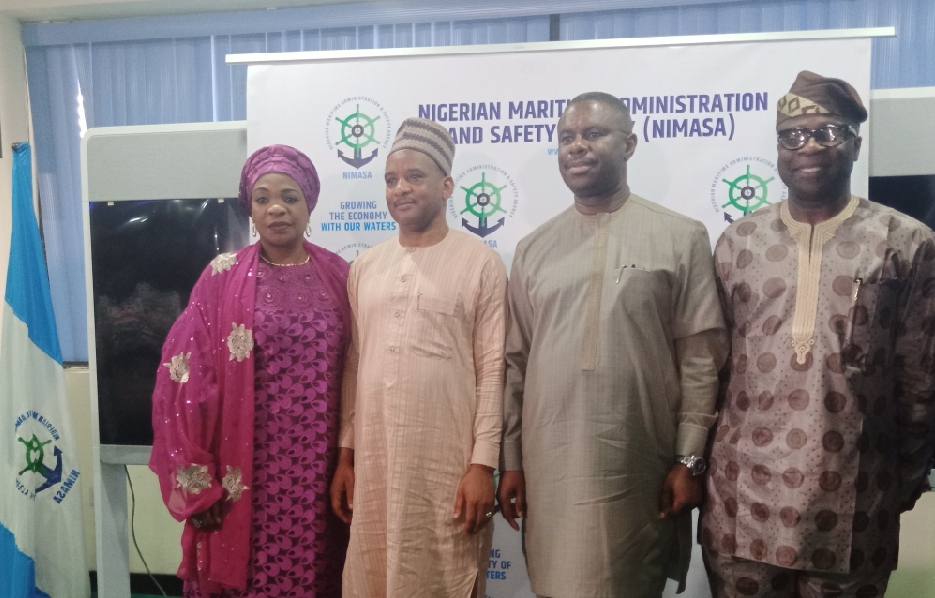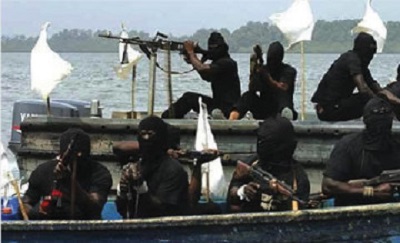Odumakin Leads Discourse On Young Women And Elections

As part of efforts to promote democratic ethos and encourage young women’s participation in elections, American Centre, one of the agencies of the United States of America Mission in Nigeria, hosted the President of Women Arise and 2013 United States International Woman of Courage Award recipient, Dr. Joe Okei-Odumakin, during February edition of her ‘conversation café programme, on the theme: “Young Women & Elections,” on February, 12th 2019, at the US Embassy, Lagos.
In Africa and Nigeria in particular, our cultural background has undermined to a great extent the potentials and strengths of the feminine world. The event, which is aimed at encouraging young women to play greater roles in politics through active participation in electioneering process, could not have come at a better time than now on the hills of the 2019 general elections.
In her presentation as the lead and principal discussant, Dr Joe reeled out the factual data of the participation of women in politics since 1999, at the return of our great country Nigeria to Democratic system of government.
She noted that “In 1999, women recorded only 3% representation in contested offices. In 2003, the figure rose to 4% followed by a further improvement to 6% in 2007. However, from 1999 to date, no woman has been elected the Governor of a state in Nigeria. Whilst some women contested and won elections into the Houses of Assembly of some States, the level of representation is still very low. In 2003, there was no female member of the Houses of Assemblies in Adamawa, Cross River, Ebonyi, Jigawa, Kano, Katsina, Kebbi, Nasarawa, Oyo, Sokoto, Yobe and Zamfara States.
This list is instructive because it shows that virtually all geo-political zones in the country are represented. With regards to the 2011 elections, the Women Advocates Research and Documentation Centre (WARDC), utilizing data provided by INEC has come up with informative analysis regarding the representation of women in politics in Nigeria.
From the said data, the following have been established: Breakdown across geopolitical zones Only 909 females contested elections in 2011. This represents about 9.1% of the over 10,000 candidates. The breakdown across the geopolitical zones are as follows: South-West recorded 15.5% of the 2116 candidates in the election; South-East recorded 11.9% of the 1611 candidates in the election; South-South recorded 10.5% of the 1624 candidates in the election; North-Central recorded 8.5% of 1371 candidates in the elections; North-East recorded 4.2% of the 1187 candidates in the election; North-West recorded 2.3% of the 2088 candidates in the election.
Across the States, the FCT had the highest number of female candidates with 24% followed by Ekiti (20.9%), Osun State (20.5%), Lagos State (17.8%), Kogi State (17.0%), and Ebonyi State (16.0%). On the contrary, Bauchi and Yobe recorded 1.1% and 0.8% respectively while Jigawa did not record a single female candidate.
Across the political parties, APGA had the highest number of female candidates representing 12.2% of the 640 candidates it fielded at the election. Labour Party, ANPP, PDP and CPC ranked next in that order with 91 women representing 11.7% of 775 candidates, 77 women representing 6.6% of 1293 candidates, 84 women representing 5.6% of 1510 candidates and 64 women representing 5.5% of 1167 candidates respectively.”
The figures stated above show without equivocation that a lot still needs to be done to give women more room for participation in politics. It does appear that the huge and overwhelming representation of women at most political rallies has not transformed to increased opportunities for women to contest election.
In his closing remarks, Mr. Russel Brooks, Public Affairs Officer, US Embassy Lagos, lauded Dr Joe and the ideals that she consistently and flawlessly exude over time. She is no doubt an inspiration to young women who would want to take the baton from where she stops.
“We are willing to collaborate in such a unique- “Educate, Engage and Empower” issue based discussions as Nigeria deserves better infrastructures, health care and education funding and so on.”He noted.







